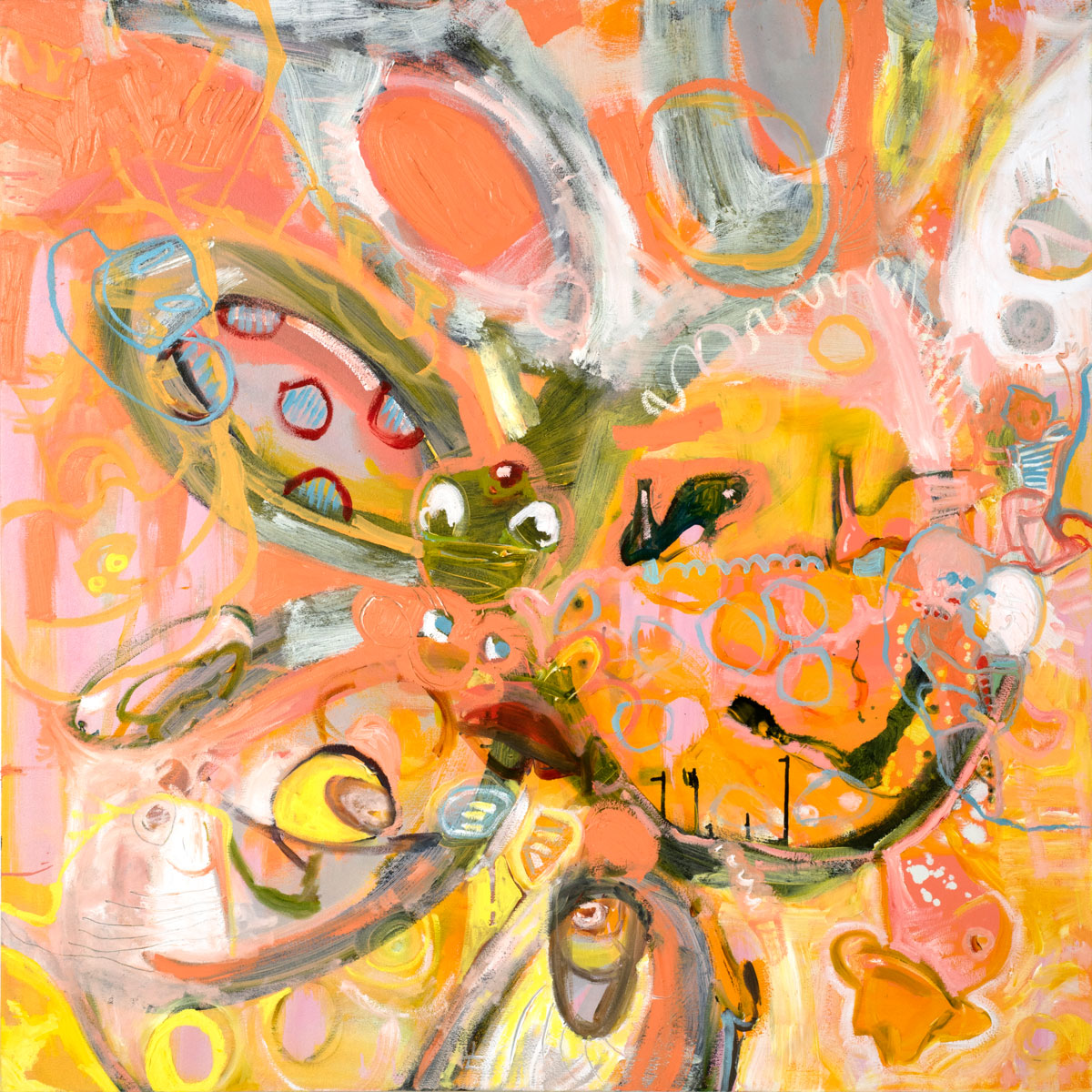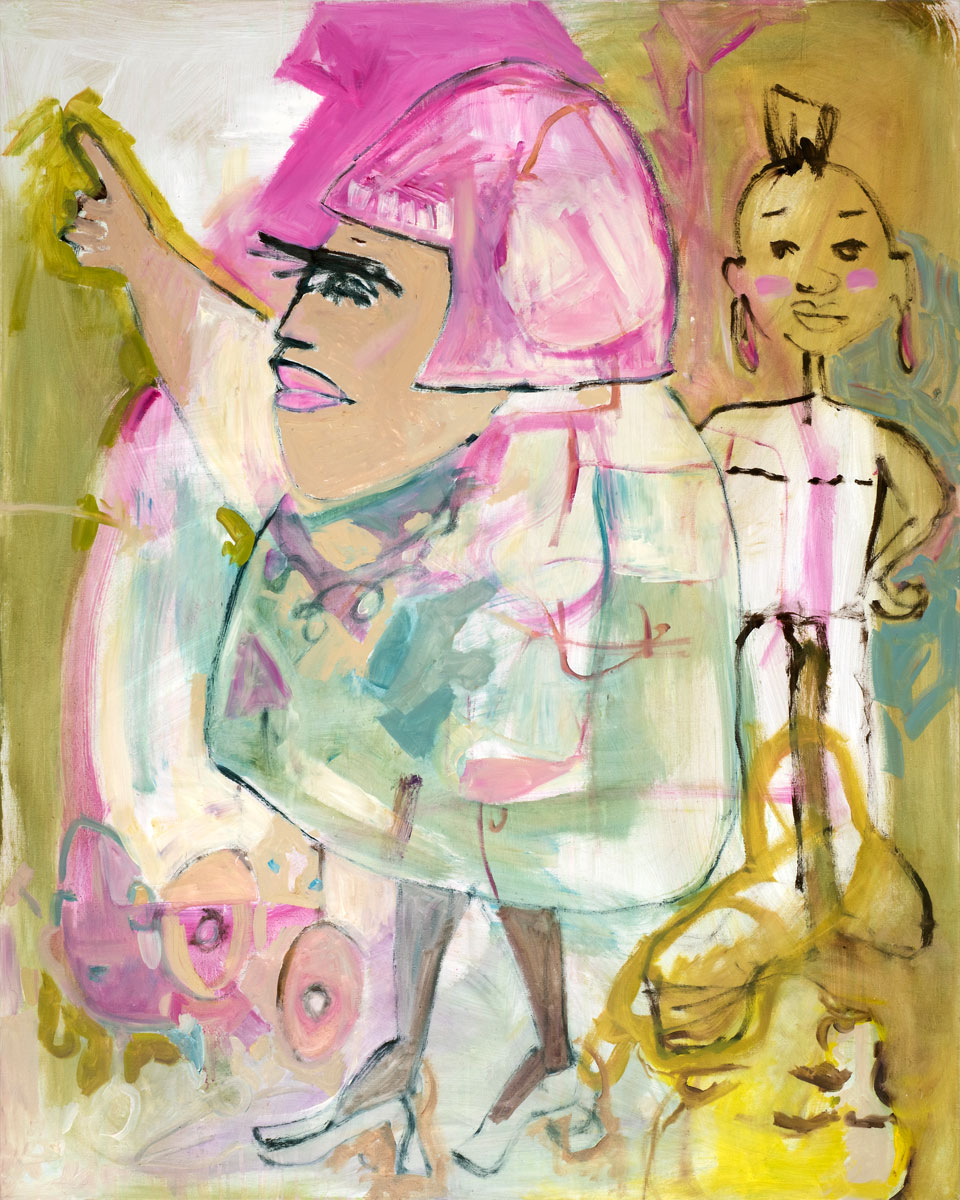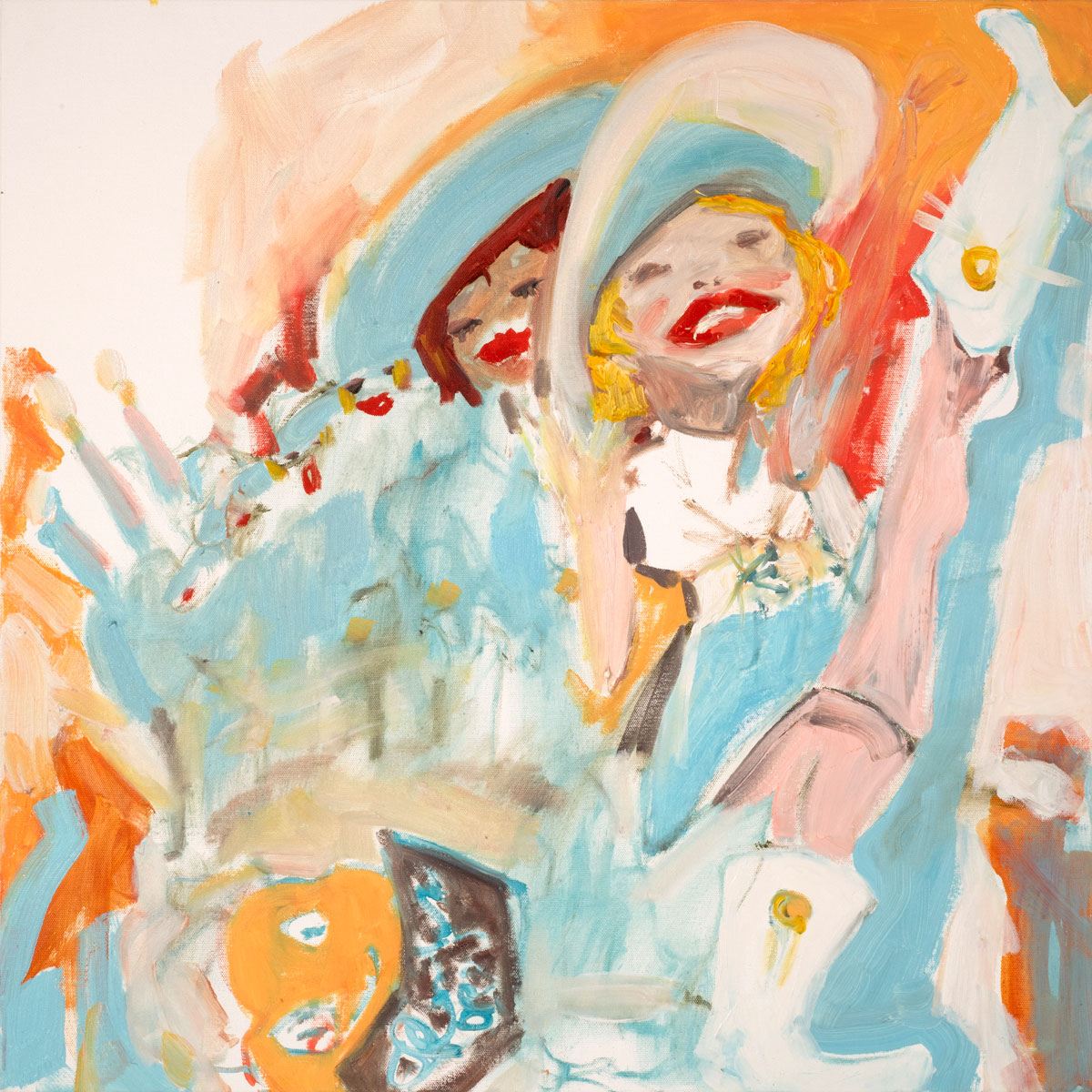Click on icon above for larger slideshow
Thedra Cullar-Ledford, the only child of two struggling artists, was born in Abilene, Texas, later moved to Mexico City and then to Eagle Pass, a dusty little noplace on the Texas/Mexico border. At 16, she was emancipated so that she could move to Dallas by herself to attend the Booker T. Washington High School for the Performing and Visual Arts. From there, she received a full scholarship to California College of the Arts where she met Stephen on the very first day. They were married by age 21. She received a BFA cum laude in painting and then attended the Ruskin School of Drawing and Fine Art at Oxford University in the UK for a masters in printmaking and sculpture. The family moved 16 times in 20 years before settling in Houston to establish her practice and build Independence Art Studios which provides studio spaces to other Houston artists. They have two grown sons, a dog, two cats, and six chickens.
“Thedra has been one of the biggest personalities and presences on the Houston scene for over a decade. A quintessential bad girl, her humorously aggressive feminist statements and explorations of the perversity of Texas’ masculinist iconography have been widely exhibited and collected. She uses the familiar deformities of plastic doll bodies to speak to the way girls are indoctrinated into their social roles.” Bill Arning, Former Executive Director, Contemporary Arts Museum Houston
Things got real in 2013 when, in her attempt to donate a kidney to a friend, she was found to have breast cancer and required a double mastectomy. Suddenly she found herself learning a sociopolitical landscape in which a largely male medical establishment was telling women patients what to do, think, and feel about their bodies. She encountered a community of like-minded breast cancer activists who, in the her words, felt no compunction to reconstruct their bodies to erase their post-surgery differences and thereby allow others ‘the freedom to not think about cancer.’”
“I think as I get further from the intensity of being in the moment of dealing with cancer, it becomes more and more abstract. I can still talk about breast cancer specifically, but I think my work will go back to the same themes I’ve talked about for a while — cultural impositions on women — with unreconstructed breast cancer survivors like myself being Exhibit A of things gone too far.”



